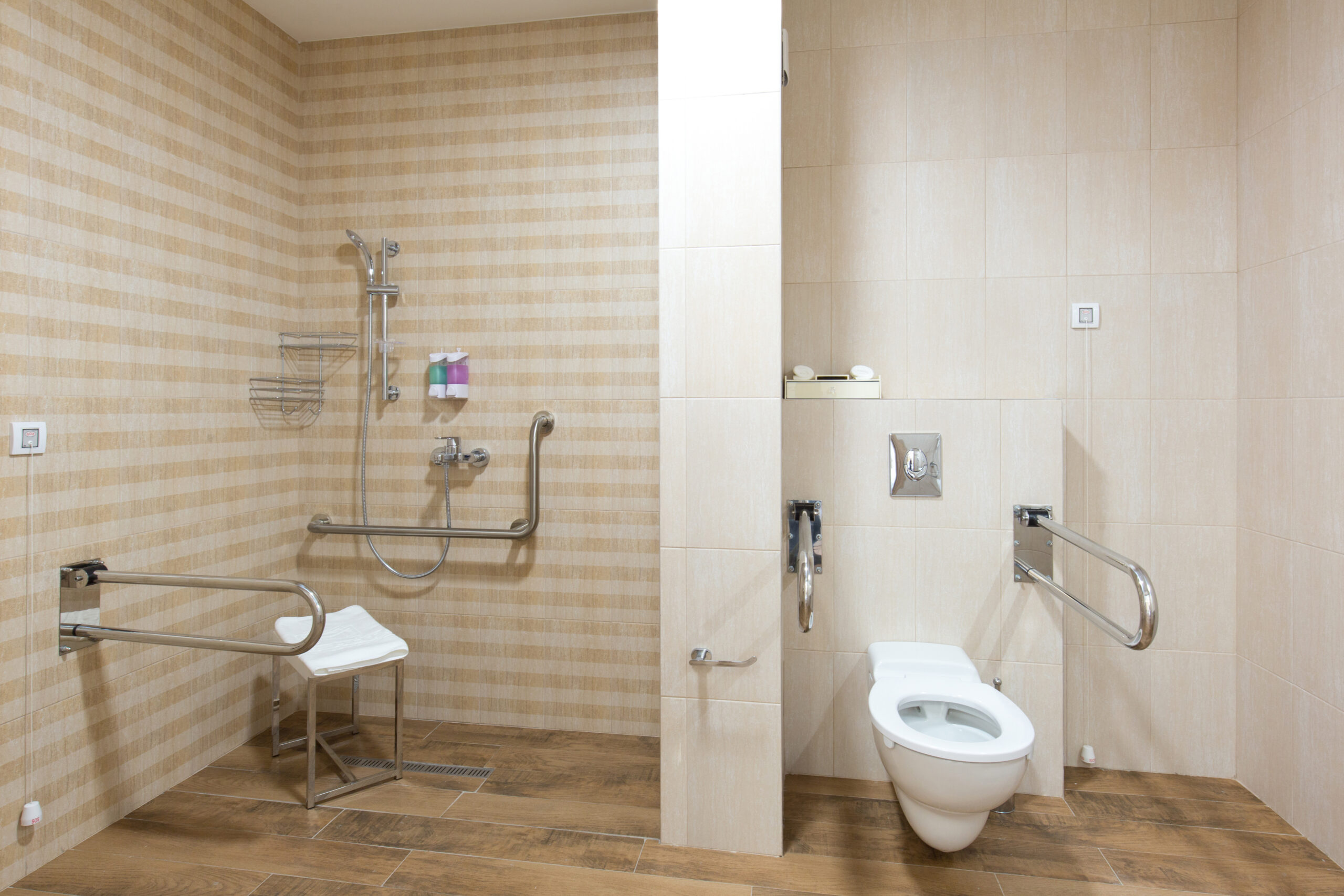Media Representation of Menopause: Why It Matters
Menopause is a natural phase in a woman’s life, yet it often remains shrouded in silence and misunderstanding. How menopause is shown in the media plays a big role in shaping how people think about it—and why that matters more than you might realize.
For many years, menopause was rarely talked about openly. When it did appear in media, it was often treated as something embarrassing or even negative. This kind of portrayal can make women feel isolated or ashamed of what they are going through. But recently, things are starting to change. More books, articles, and social media posts are bringing menopause into the spotlight with honesty and respect.
Why does this shift matter? First, better representation helps women understand their own bodies. Many women say they don’t get enough clear information about what to expect during menopause or how to manage symptoms like hot flashes and mood swings. When media shares real stories and useful advice instead of jokes or stereotypes, it gives women permission to talk openly with friends and doctors without feeling awkward.
Another important point is inclusivity. Menopause doesn’t affect every woman the same way—race, culture, and personal health all play a part. Media that includes diverse voices helps break down one-size-fits-all ideas about menopause so everyone feels seen and supported.
Technology also plays a role here; wearable devices now track changes related to midlife health stages like perimenopause more closely than before. This shows how growing awareness leads not just to conversation but also practical tools for managing this time well.
When media treats menopause as normal rather than taboo or shameful, society benefits too: workplaces become more understanding; healthcare improves; families grow closer through shared knowledge; younger generations learn early on that aging is natural—not something scary or hidden away.
In short: how we talk about menopause shapes experience itself—making visibility not just helpful but necessary for wellbeing at every stage of life.





